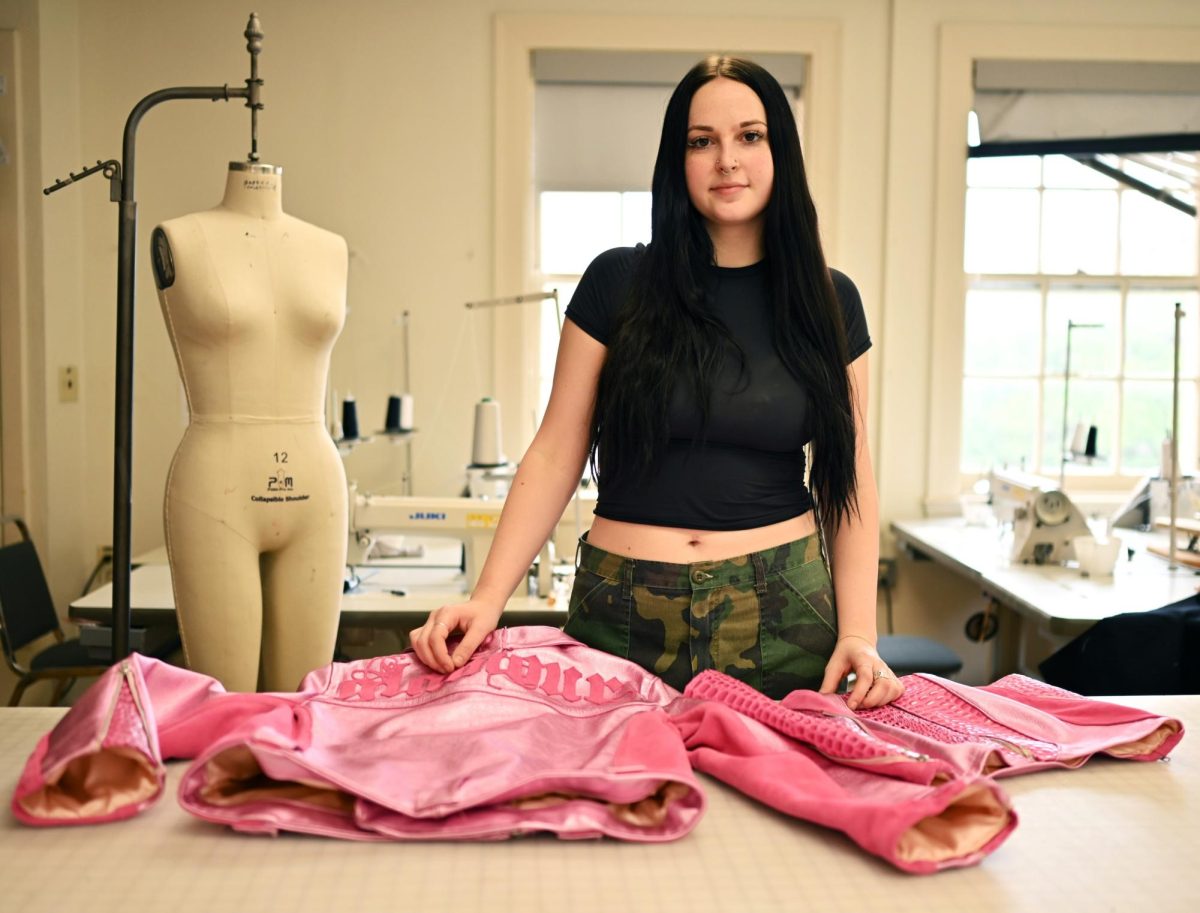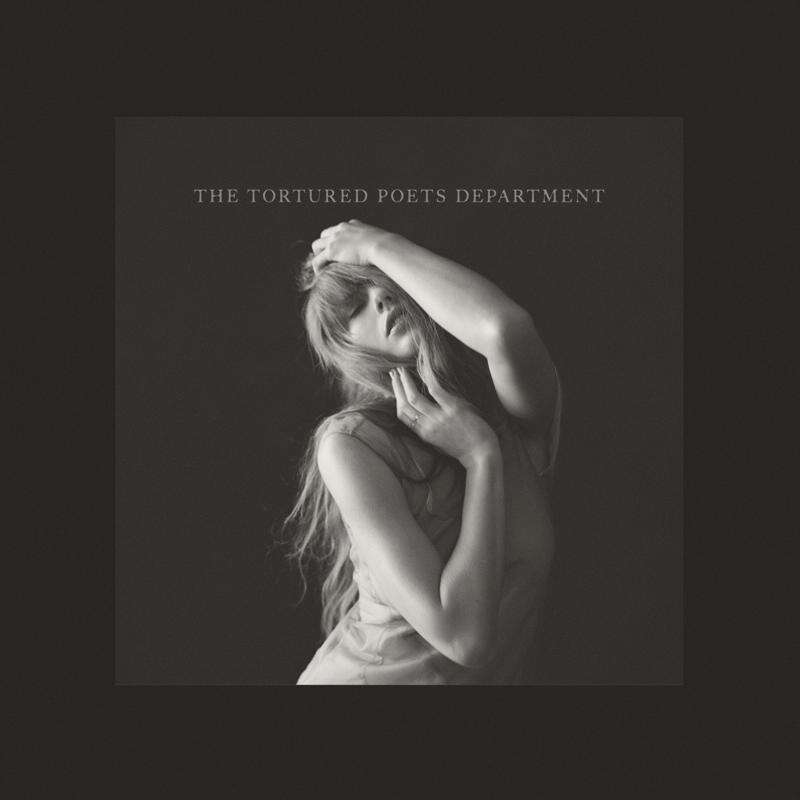Every week, Angela Frederick walks across UT’s West Mall, passing political activists who ignore her and evangelists who say they will pray for her blindness. Earlier this month, she was approached by Brian ‘Rosh’ Rocheleau about his traveling event, The Blind Cafe, which brings the blind and sighted together for a night of food and entertainment in a pitch dark dining hall.
From March 24 to 26 at St. Martin’s Lutheran Church, Rosh wants Frederick to wait tables in the dark. It’s a job few are capable of, he said.
The Blind Cafe is Rosh’s passion project that he first came up with in Iceland, where he stumbled into a blind cafe while on a concert tour with his band. He said the experience was life-altering.
Since February 2010, he has created three events in Boulder, two in Portland and turned his project into an official organization. Last month, he made his way to Austin. He spent the first two weeks approaching blind citizens on the street and searching for a volunteer chef, eventually finding Asha Poyzer from Whole Foods.
“I want it to be organic. I want to build a heart-to-heart relationship with the people involved,” Rosh said. “It’s all about building something meaningful that isn’t a one-weekend flash and then it’s over.”
Frederick is a doctoral candidate in sociology and a teaching assistant for the class Contemporary U.S. Social Problems. Every semester, she tells her class that she can’t see their hands raised. In her time off campus, she helps the Braille Enrichment and Literacy Learning program, which will receive donations from The Blind Cafe Austin.
“I’m hoping it will be a night that people remember because they met some blind people they weren’t anticipating,” Frederick said. “Blind people who are happy and successful in their community can change people’s view.”
When Frederick was a child, she was misdiagnosed as visually impaired. When she was 12 years old, she found out that it was a degenerative eye disease that would cause her to completely lose her sight. Now, she can’t read the notes she took in middle school.
She said meeting blind professionals in the working world inspired her at a young age. At 13, she was determined to learn Braille and not let disability deter her.
Frederick said she is the exception to the rule: 74 percent of blind citizens in the US are unemployed, according to the National Federation of the Blind. Of those that have jobs, 80 percent can read Braille. These are the types of issues Rosh wants people to be aware of during The Blind Cafe event, but mostly he wants people to make new friends and have a good time.
“The whole idea behind the event is to build relationships, as you try to find out how to eat in the dark. You go through an ordeal together,” Rosh said. “You start bonding and relating with someone you don’t know — and you don’t see what age they are.”
One of the biggest challenges of the event is setting up a light-proof dining hall. Phil Norman, known to friends as the “Master of Darkness,” works with Rosh and his volunteers in creating a pitch black room. It can take anywhere from nine to 20 hours, Rosh said. Norman also plays cello in the Rosh’s band, One Eye Glass Broken, and teaches that night’s accompanying string musicians how to perform in the dark.
Despite the name, The Blind Cafe is more than an unconventional dining experience. The night starts with blind servers guiding guests to their tables, set up family style. After the vegan, gluten-free meal, Rosh’s blind friend Gerry Leary takes the stage. He tells the audience his life story, including his 30 years as a car mechanic and his past seven years running The Unseen Bean Inc., a coffee roasting company. This leads into an open discussion during which the audience can pose questions about the blind experience.
Afterward, there is a performance by blind poet Rick Hammond.
“Sometimes, I won’t do any poems about blindness. I have mixed feelings about it,” Hammond said. “You want to do poems that aren’t about blindness, so people can see there is another side to you.”
Hammond will then announce dessert, and the night will end with a musical performance by Rosh and One Eye Glass Broken. The event is organized with variety in mind, Rosh said.
The Blind Cafe presents an opportunity for its blind guests to be unseen and heard, with the focus on their abilities rather than their disability, Hammond added.
For Frederick, The Blind Cafe gives her a podium to talk about the troubles that society presents to her. Electronic textbooks aren’t accessible to the blind at universities (she scans every physical page into her computer). Silent hybrid cars pose a danger to the blind. Few electronics are accessible to the blind without paying a hefty fee, with Apple products — which are accessible to the blind out-of-the-box — being a rare exception, Frederick said. Inequality is always on her mind as a sociologist.
“It’s important to understand that blindness is one aspect of your life,” Hammond said. “Later on today, I’m going to hang out with friends, and if blindness comes up at all, it will be a five-minute discussion.”




















